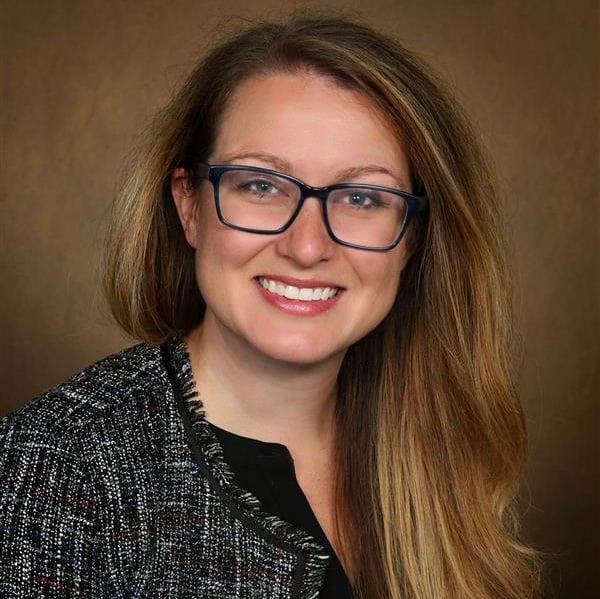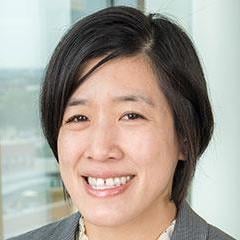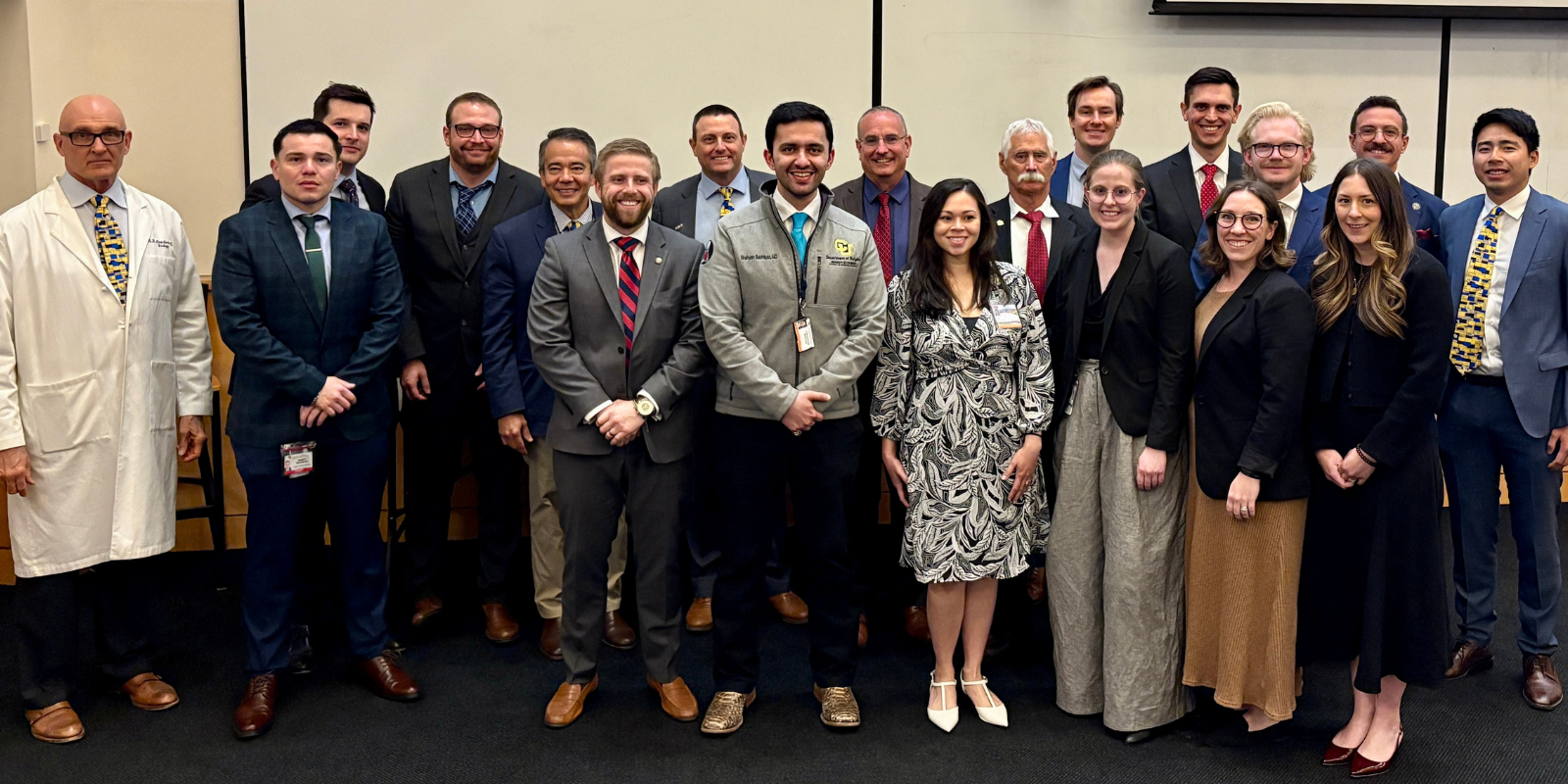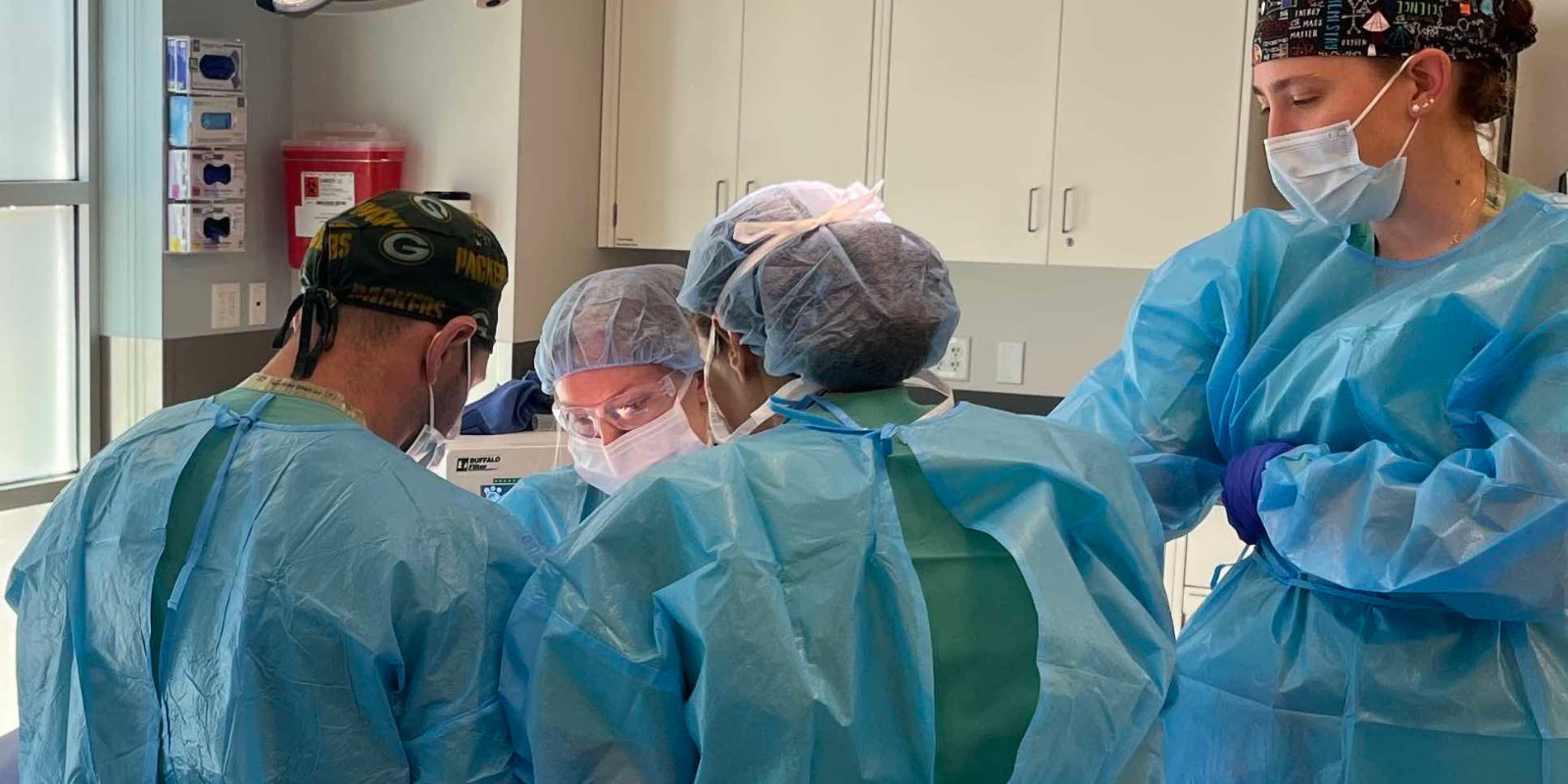During his first year as a resident in the University of Colorado Department of Surgery, Ali Lilo, MD, felt the pressure.
“Residency is overwhelming, especially your intern year,” Lilo says. “Residency is becoming more competitive, and people have accomplished a lot by the time they get there. A lot of times they get disappointed when they get to that overwhelming part. Everybody thinks, ‘I'm a terrible doctor; I'm not going to survive residency.’ And nobody dares to share that with the other interns.”
Fortunately for Lilo, he entered the CU surgical residency program one year after the launch of a well-being mentoring program for first-year residents (also known as interns). Conceived by Department of Surgery faculty members Nicole Christian, MD, Kshama Jaiswal, MD, FACS, and Teresa Jones, MD, along with Nida Awadallah, MD, associate professor of family medicine, the program was established to help interns manage stress, improve well-being, and learn skills to cope with the stress of residency. Other faculty coaches in the program include Tyra Fainstad, MD, associate professor of internal medicine, and Kerri Thurmon, MD, visiting associate professor of urology.
“The major thing that this program did was to let us know, ‘Hey, this is normal. If you feel this way, you're not alone,’” Lilo says. “I cannot stress enough how reassuring that was.”
Takeoff before arrival
The coaching program begins before interns even arrive on campus, with a series of self-assessments that allow program directors to identify and address problems early on.
“This way we can figure out who might be having difficulty before they even get here and get them connected really early to specialists in mental health,” Awadallah says. “We also ask them what their goals are, what they hope to accomplish, both personally and professionally, and how we can help get them to that point. We try to target areas that studies show improve well-being and help people to flourish, including skills around resilience and interpersonal relationships.”
The coaching program is required for all interns, providing needed support and removing stigma around asking for help. Much of the curriculum is self-directed, but the residents meet with faculty coaches at fixed points during their first year as well.
“We have some structured activities and check-in points along the way,” Christian says. “The program is designed to provide a variety of levels of engagement, because the interns all have different needs. Some of them are high-need and engage because they find it to be personally stimulating and valuable for them, and some are lower-need. As coaches who have individual relationships with the interns, we can rise to their needs and help them engage in a different way.”
“Part of our thinking was that we're all vulnerable, and if we talk about our experiences and our struggles, then we normalize it and help support each other,” Awadallah adds. “We're all learning all the time. I say to my coachees, ‘Even if you’re feeling like you're doing great and not experiencing difficulty, what are some accomplishments you want to achieve? What can we help you with? What can we do to make you even better, even more successful?’ The whole point of this is to identify and recognize who needs help and get them help early, as well as help people reach their goals along the way, so they constantly are feeling supported. It's not just helping the people with difficulty; it's really for everyone.”
Stakes are high
Coaching can be valuable for interns in any business setting, the mentors say, but it’s especially vital in surgery, where the hours are long and the stakes are high.
“The emotional toll of being a physician is something that we learn — we have to learn how to deal with making mistakes,” Jones says. “A frequent call I get from the interns I coach is, ‘Oh my gosh, I made this mistake, what do I do?’ Learning how to deal with that is something I never got taught. I just struggled through it, and I still struggle with it. The most important part of this, for me, is to help people through that. Us being available to them as a resource is really important.”
Three years after the coaching program launched, organizers are seeing interns’ well-being scores improve, and they are seeing residents who went through the program remaining tightly bonded with one another and leaning on each other for support. Going forward, they hope to expand coaching to residents’ second, third and fourth years, possibly training more senior residents to serve as coaches and mentors for those who are earlier in their training.
Sharing results
In October the group also published the results of the program’s first year in the Journal of Surgical Education, hoping to inspire other surgery programs to institute coaching programs and prioritize the mental health and well-being of their interns.
“Before we instituted this program, we would encounter interns in distress several months into their program, and sometimes even at the end of the year,” Jaiswal says. “Often, we would discover that they had a medical issue or a mental health issue that, had we known about it earlier, we could have helped them have a much more productive year. This coaching program, because it is proactive, tries to preempt those problems. It helps interns be at their best and help themselves both at work and outside of work.”








